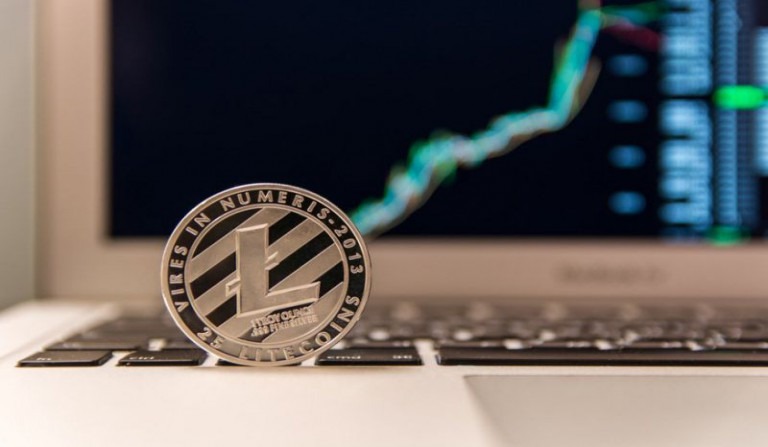Nigeria is one of the few countries that has already introduced its own digital central bank money. The monetary policy agenda”cashless nigeria” envisages gradually restricting cash transactions and expanding the use of the central bank’s own digital currency, CBDC for short. As part of this strategy, the Nigerian Central Bank (CBN) announced in October last year that certain cash notes would be reissued. Old bills will then no longer be accepted as legal tender.
Long queues in front of the ATMs
However, there are problems when exchanging notes. The result: cash shortages. Too few banks have the new bills in stock. Nigerian commercial banks complain that the central bank has only supplied a few redesigned naira notes to replace the canceled banknotes. In the meantime, there are said to have been long queues in front of the banks.
Some citizens fear losing their assets. Withdrawal limits and high fees exacerbate the situation. Sometimes the insecurity turns into violence. The first videos appear on Twitter, which are said to show attacks on bank branches.
Court sets deadline for change
Like the Reuters news agency reported, a court decided to suspend the change period for banknotes again. The judge followed a legal challenge by three states. They argued that the banknote exchange could disrupt the course of the upcoming presidential election. Originally, the exchange should only be possible until February 10th. The court is scheduled to hear the challenge on February 15.
Monetary policy decisive campaign issue
Due to the cash shortage and the introduction of the eNaira, the government and central bank want to gain more control and transparency in national payment transactions. The switch to the digital central bank currency is intended to curb money laundering and corruption in the country. However, digital central bank money is still hardly used. It is estimated that not even one percent of the population uses the eNaira. Meanwhile, the country is struggling with an inflation rate of 19 percent. Some citizens are therefore fleeing to cryptocurrencies. The high demand for Bitcoin temporarily led to an enormous price increase on local exchanges.
Bitcoin is a necessity, not a luxury, for Nigerians. Nigerians use it for a variety of purposes, from remittances and international payments to a store of value. More and more people are starting to see bitcoin as an added benefit to use on top of the current financial system.
“The central bank-issued eNaira is a failed attempt to bring the Nigerian public out of bitcoin and into the country’s CBDC,” Nigeria-based crypto exchange Roqqu CEO Benjamin Eseoghene said on request. The eNaira met “a lot of resistance” and was used by very few people, so we do not expect the eNaira to have a significant impact on the upcoming elections”. At the same time, “Bitcoin is finding more acceptance among the masses,” Eseoghene told. The exchange CEO believes Bitcoin “could be used as a widely used alternative medium of exchange as the financial system remains congested and cash becomes less accessible.”
Despite the spontaneous extension of the deadline, the situation is becoming increasingly critical. Elections will be held in Africa’s most populous country on February 25th. In addition to the food and fuel shortages, monetary policy is one of the country’s most urgent tasks.
- CryptoQuant Analyst: Bitcoin Nowhere Near Its Peak – Buckle Up, Hodlers! - December 21, 2024
- Chainalysis: $2.2 Billion Lost to Crypto Hacks in 2024 - December 21, 2024
- Bank of Japan leaves interest rate unchanged: Impact on the macroeconomy and the crypto market - December 20, 2024

























